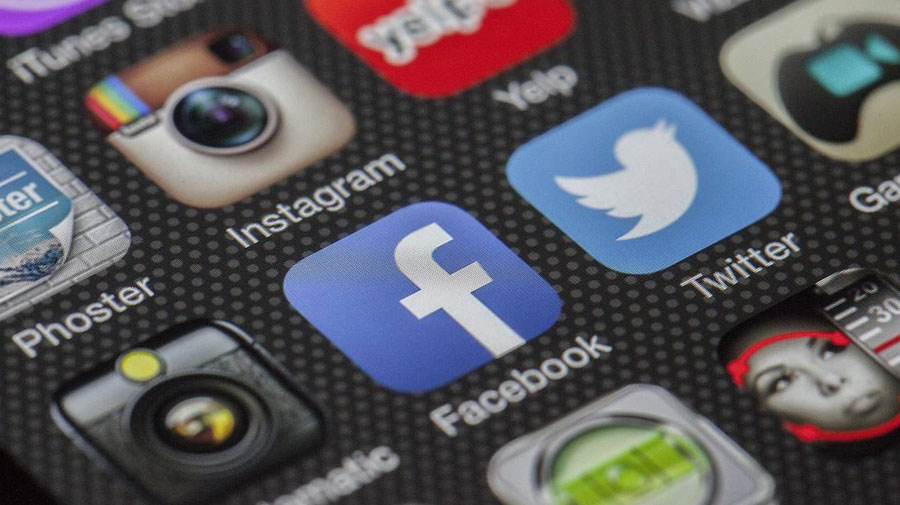In contemporary democracies, media and social media play crucial roles in shaping public opinion, influencing elections, and facilitating democratic discourse. The rapid evolution of digital platforms has transformed how information is disseminated and consumed, significantly impacting democratic processes. This blog explores the multifaceted influence of media and social media on democracy, examining their benefits, challenges, and implications for democratic governance.
1. Shaping Public Opinion
Overview: Media, including traditional outlets like newspapers, radio, and television, as well as digital platforms such as social media, have a profound impact on shaping public opinion. They provide information, frame issues, and influence how individuals perceive political events and candidates.
Benefits:
- Information Dissemination: Media platforms enable the wide distribution of information, helping citizens stay informed about political developments and government actions.
- Diverse Perspectives: Social media allows for a diversity of voices and perspectives, contributing to a more nuanced understanding of political issues.
Challenges:
- Misinformation: The spread of false or misleading information can skew public perception and undermine informed decision-making.
- Echo Chambers: Social media algorithms can create echo chambers, where users are exposed primarily to content that reinforces their existing beliefs, limiting exposure to diverse viewpoints.
2. Influencing Elections
Overview: Media and social media have become powerful tools in election campaigns, used for campaigning, voter mobilization, and influencing voter behavior. Political candidates and parties leverage these platforms to reach voters, promote their agendas, and garner support.
Benefits:
- Increased Engagement: Social media provides a platform for direct engagement between candidates and voters, facilitating communication and feedback.
- Cost-Effective Campaigning: Digital platforms offer cost-effective ways for candidates to reach a broad audience compared to traditional media.
Exploring Modern Digital Experiences
Just as Demstore celebrates innovation and creativity in its designs, kingjohnnie Casino Login offers a seamless and engaging online experience for its users. Both platforms emphasize quality, reliability, and user satisfaction. Whether shopping for unique merchandise or enjoying top-tier entertainment, modern digital platforms are redefining convenience and engagement.
Challenges:

- Manipulation: Social media can be used for manipulative tactics, such as targeted misinformation campaigns or micro-targeting to sway voters.
- Digital Divide: Disparities in digital access and literacy can affect how different demographics engage with and are influenced by digital media.
3. Enhancing Democratic Discourse
Overview: Media and social media contribute to democratic discourse by providing platforms for public debate, discussion, and activism. They facilitate the exchange of ideas and enable citizens to participate in political conversations.
Benefits:
- Public Engagement: Media platforms encourage public participation and debate, which are essential for a healthy democracy.
- Activism and Advocacy: Social media has become a powerful tool for organizing protests, advocacy campaigns, and grassroots movements.
Challenges:
- Polarization: Media and social media can contribute to political polarization by amplifying extreme viewpoints and fostering division.
- Quality of Discourse: The rapid spread of information can lead to a decline in the quality of discourse, with sensationalism and superficial reporting overshadowing in-depth analysis.
4. The Role of Regulation and Policy
Overview: As the influence of media and social media on democracy grows, there is an increasing need for regulation and policy to address challenges related to misinformation, privacy, and the ethical use of data.
Benefits:
- Protecting Democracy: Effective regulation can help mitigate the risks associated with misinformation and ensure fair and transparent electoral processes.
- Enhancing Accountability: Policies can promote accountability for media organizations and social media platforms, ensuring they adhere to ethical standards.
Challenges:
- Balancing Regulation and Freedom: Striking the right balance between regulation and freedom of expression is crucial to avoid stifling democratic debate and innovation.
- Global Coordination: Media and social media operate on a global scale, requiring international cooperation to address cross-border issues effectively.
Conclusion
The influence of media and social media on democratic processes is profound and multifaceted. While these platforms offer significant benefits in terms of information dissemination, public engagement, and cost-effective campaigning, they also present challenges related to misinformation, polarization, and the need for effective regulation. Understanding the impact of media and social media on democracy is essential for ensuring that these tools contribute positively to democratic governance and support an informed, engaged, and diverse electorate. By addressing the challenges and leveraging the benefits, societies can better navigate the complex landscape of modern democratic processes.

